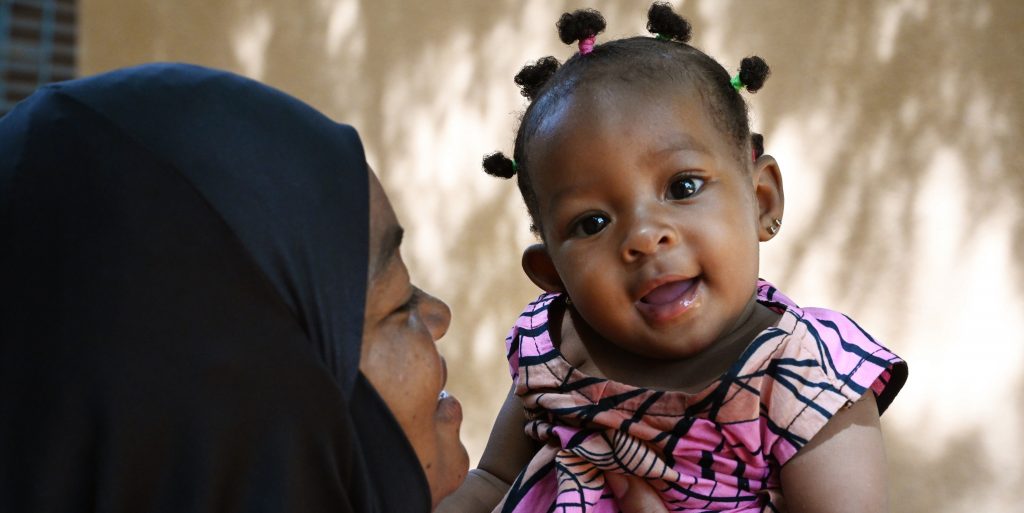
Our Work
Research Projects
MIHERC’s research spans local and global contexts, using co-produced, equity-led methods to address systemic disparities. Below is a summary of our flagship projects.
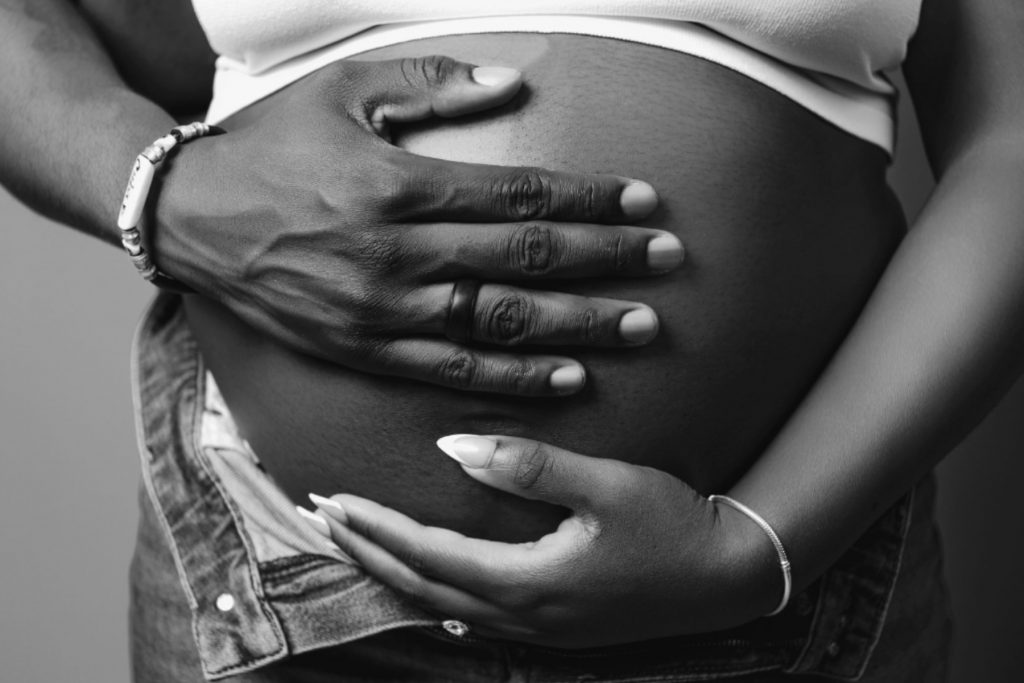
Birthing at Burning Places
Exploring the Intersection of Climate, Culture, and Maternal Nutrition in Sindh, Pakistan
This two-year ethnographic study, beginning in February 2025, will explore how climate-linked risks, cultural practices, and social determinants influence maternal and infant health in climate-affected regions of Sindh, Pakistan.
Led by Dr. Sadiq Bhanbhro at Sheffield Hallam University with mentoring from Professor Hora Soltani, the research builds on previous GCRF-funded work and is funded by Wellcome. The study investigates the impact of extreme weather on maternal nutrition, healthcare access, and wellbeing—paying particular attention to the role of gender, social class, and cultural norms.
Working in partnership with Dr. Zahid Memon (Aga Khan University) and Professor Lubna Naz (IBA Karachi), the team aims to co-create sustainable, community-led interventions that address the health needs of mothers and babies in regions most affected by climate change.

Moving Mums Initiative
Promoting Physical Activity in Underserved Communities
The Moving Mums Initiative promotes healthier pregnancies by increasing awareness of physical activity and addressing health inequalities in underserved communities. Led by the Active Pregnancy Foundation, Sheffield Hallam University, and local partners, this six-month project focused on three core areas:
- Scoping – identifying barriers to physical activity in marginalised maternal communities
- Upskilling – training 29 healthcare professionals and 12 fitness professionals
- Embedding Resources – mapping local activities and creating multilingual materials to support sustained engagement
By improving access and providing culturally appropriate tools, the initiative supports better maternal and infant health outcomes through movement.
MMI Sheffield’s Diverse Maternal Communities Report
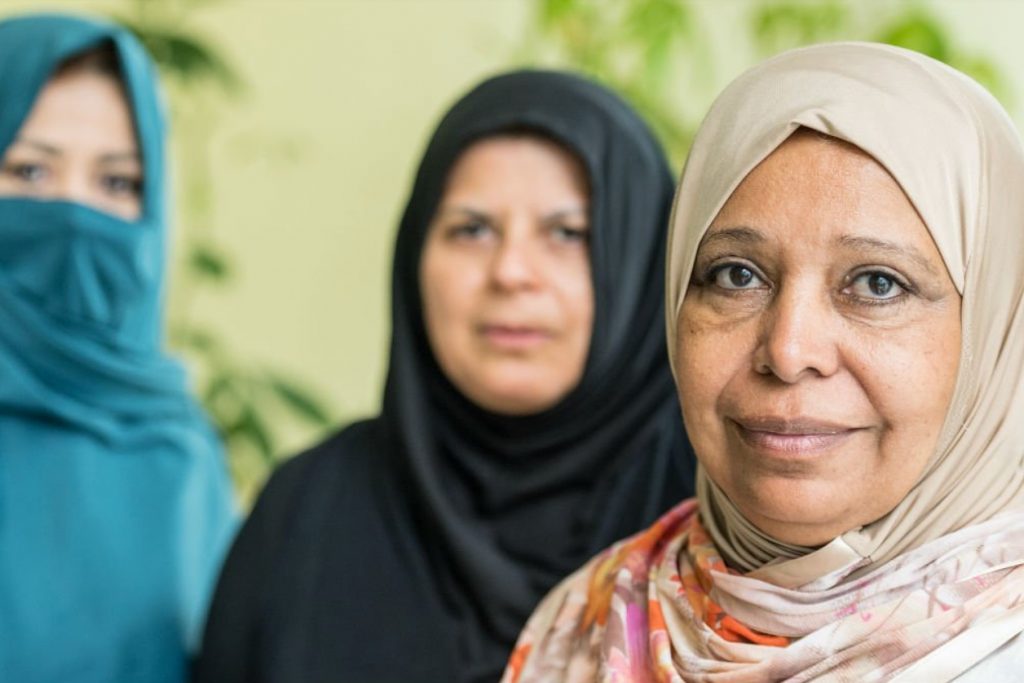
DigiCP
Designing a Culturally Sensitive Digital Care Pathway for Perinatal Mental Health
The DigiCP (Digital Care Pathway) project is an innovative, community-led digital solution designed to support the perinatal mental health needs of migrant and ethnic minority women. Led by Sheffield Hallam University in collaboration with perinatal mental health charity Light and local community partners, the project used a participatory research approach to ensure the platform directly reflected the priorities and lived experiences of the women it aimed to serve.
Through consultation with women from Asian and Arabic-speaking backgrounds, the team identified a critical need for culturally appropriate, safe, and accessible mental health support. Co-design workshops shaped a prototype digital framework offering:
- Culturally tailored content in multiple languages
- A user-friendly, anonymous interface for self-guided mental health support
- Integrated signposting to local services
- A vision for real-time risk assessment and referral pathways in future iterations
The DigiCP platform includes symptom tracking tools and access to peer support in multiple languages, aiming to improve early identification and personalised care. It lays the groundwork for scalable, inclusive digital health models and demonstrates how co-production can drive innovation in mental health.
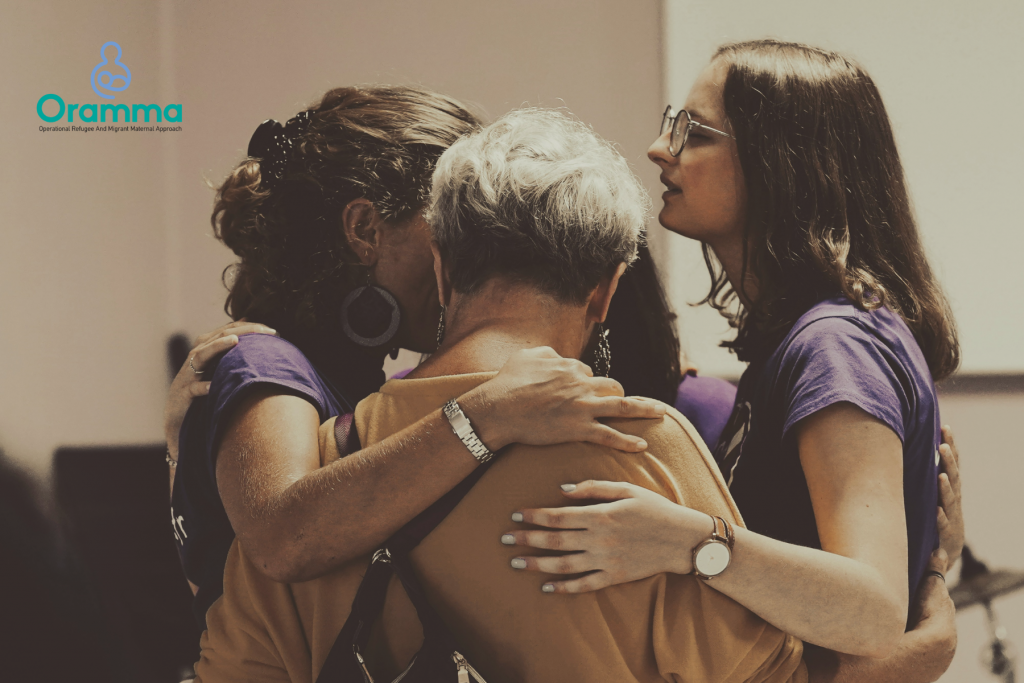
ORAMMA
ORAMMA (Operational Refugee and Migrant Maternal Approach) Delivering culturally appropriate, peer-led maternity support for migrant, refugee, and asylum-seeking women.
ORAMMA is an EU-funded project that developed a woman-centred, culturally sensitive, and evidence-based model to improve perinatal care for marginalised populations. At its heart is the integration of trained maternity peer supporters—known as Friendly Mothers—into antenatal and postnatal care pathways. These peer supporters work alongside midwives and support workers to offer social, emotional, and practical support.
Using a participatory research approach, ORAMMA fostered robust community partnerships to enhance social capital, reform service delivery, and build healthcare professionals’ cultural competency. The model has been adopted across several UK cities and continues to inform local and national maternity policy and practice.
Key outcomes include:
- Establishment of the Friendly Mothers peer support network, with ongoing activity post-project
- Increased confidence, employability, and wellbeing among community participants
- Development of the Trauma-Aware, Culturally Sensitive and Compassionate Care training package
- Strengthened communication between providers and service users
- Sustained engagement through digital platforms and community structures
ORAMMA offers a replicable blueprint for embedding co-production and community empowerment into maternity care systems.
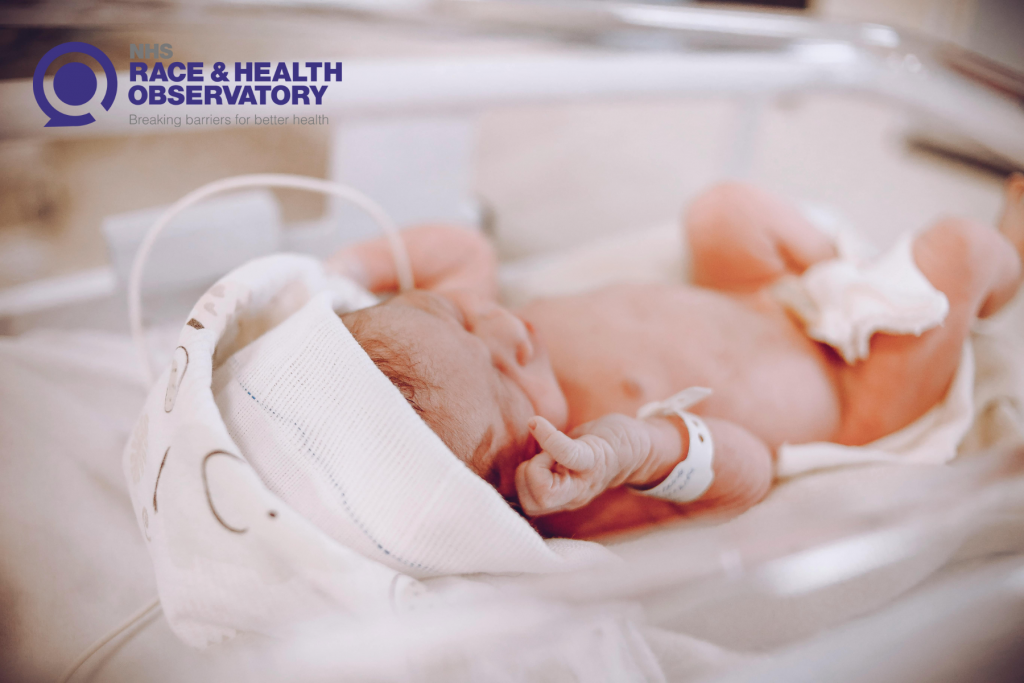
Neonatal Assessment Toolkit
Improving Equity in Neonatal Assessment Across Skin Tones
Commissioned by the NHS Race and Health Observatory, this mixed-methods research led by Sheffield Hallam University examined how neonatal assessments perform across different ethnic groups—particularly focusing on the challenges faced when assessing babies with darker skin tones.
The study reviewed clinical practices and explored lived experiences through:
- A systematic literature review
- Policy and guideline analysis
- Qualitative interviews with 33 healthcare professionals and 24 parents from diverse backgrounds
The research identified significant gaps in current neonatal assessments, such as:
- Terms like “pink all over” used in Apgar scoring are often inappropriate for babies with darker skin tones
- Difficulties in accurately detecting jaundice, cyanosis, and hypoxia
- Inconsistent bilirubinometer readings in babies with darker skin, leading to diagnostic uncertainty
- A lack of consideration of ethnic variation in clinical guidelines and training
Key Outcomes and Impact:
- Development of a new image-based toolkit to support more accurate diagnosis across all skin tones
- Recommendations to increase access to pulse oximetry and bilirubinometers
- Calls for a national image bank to support assessment training
- Revision of guidelines and training to ensure culturally competent, inclusive neonatal care
The toolkit also includes culturally responsive communication guidance to support healthcare professionals in delivering equitable care.
This work lays the groundwork for further research and implementation to reduce disparities in neonatal outcomes across ethnic groups.
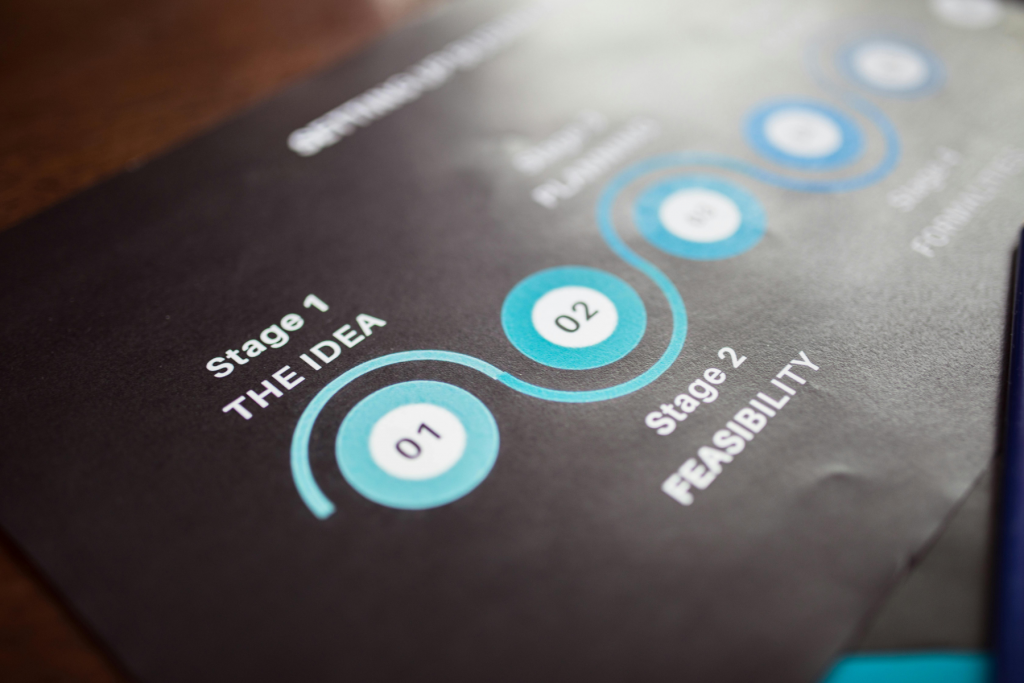
WHO MLCC Guidelines Contribution
Advancing Evidence-Based Maternity Models Globally
Sheffield Hallam University (SHU), in collaboration with King’s College London, the National University of Ireland Galway, Warwick University, and Bournemouth University, has played a pivotal role in shaping global maternity care through its research on Midwife-Led Continuity of Care (MLCC).
This work, featured in a Cochrane review led by Professor Jane Sandall, directly informed WHO guidance and UNICEF recommendations, receiving endorsement from the UN Secretary-General. The evidence contributed to significant global and national policy shifts, including:
- WHO adoption of MLCC as a recommended model of care worldwide
- The largest-ever investment in midwifery training in England
- A 17% increase in the midwifery workforce
MLCC models ensure that women receive consistent care from the same midwife or team throughout pregnancy, birth, and postnatal care—improving trust, reducing intervention rates, and enhancing maternal satisfaction and outcomes.
MIHERC members from SHU and BU have also served as technical advisors for WHO’s maternal and perinatal guideline development.
Importantly, this work intersects with MIHERC’s broader commitment to equity, as MLCC pathways often incorporate maternity peer supporters, such as those developed in the ORAMMA project, to improve support for mothers from migrant and ethnic minority backgrounds. These integrated approaches have shown considerable improvements in maternal outcomes and community empowerment.

Want to collaborate on an upcoming research project?
Publications
Our work is published across leading journals and cited in national reports:

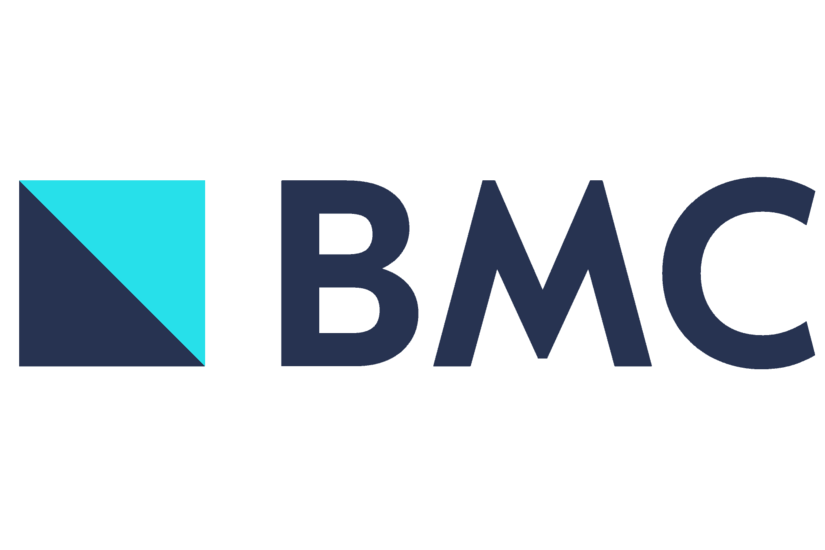
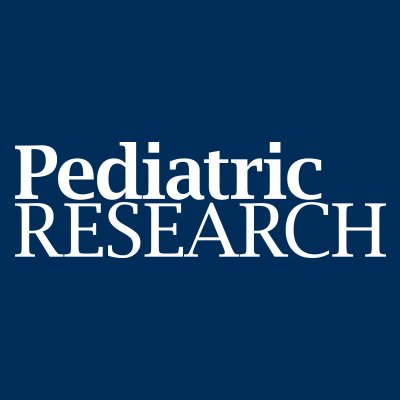

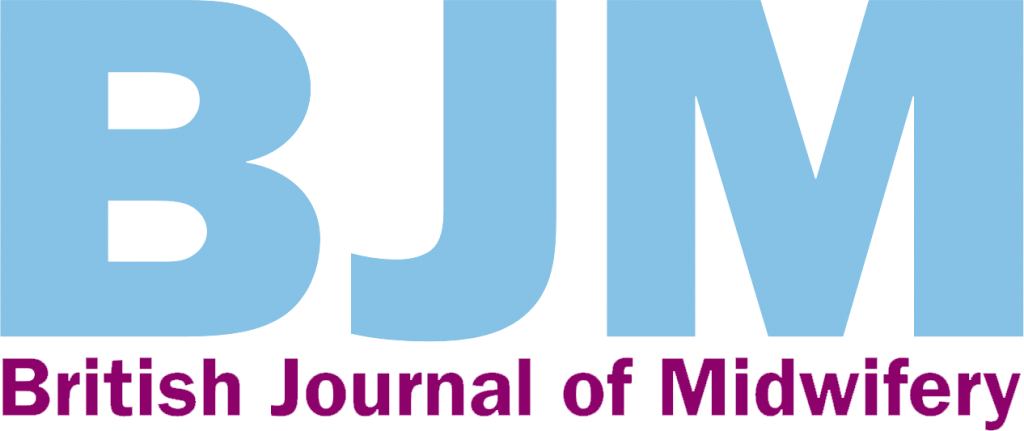
Explore our full library of outputs and summaries by theme.
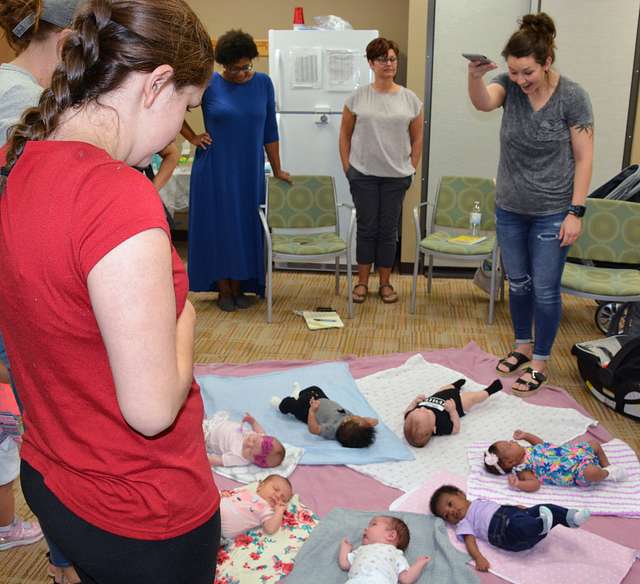
MIHERC is deeply committed to community engagement
Through collaborative initiatives, educational programs, and outreach efforts, MIHERC actively listens to and supports the needs of the communities it serves. This is achieved by building partnerships and creating growth opportunities, MIHERC remains a dedicated advocate for inclusivity, equity, and lasting impact.
We don’t do research on people – we do research with them. Our methods centre lived experience and long-term local partnership. At MIHERC we work closely with community organisations to integrate ourselves into underserved communities.
Friendly Mothers peer support group (born from ORAMMA)
Participatory research and co-design of interventions
Training programmes for trauma-informed, culturally safe maternity care
Want to learn more or work with us on a local project?